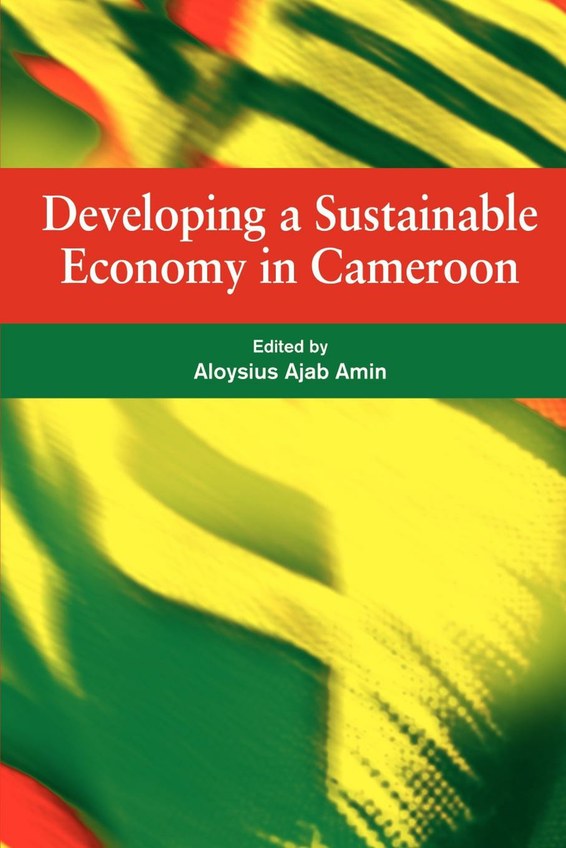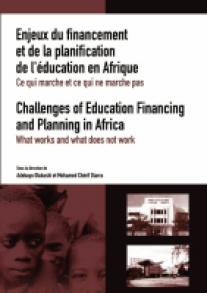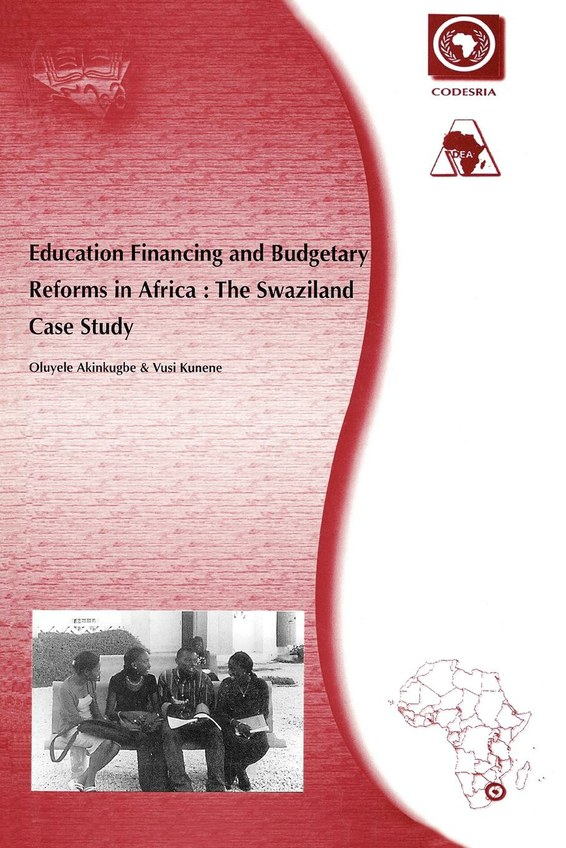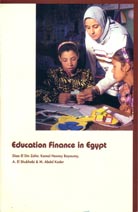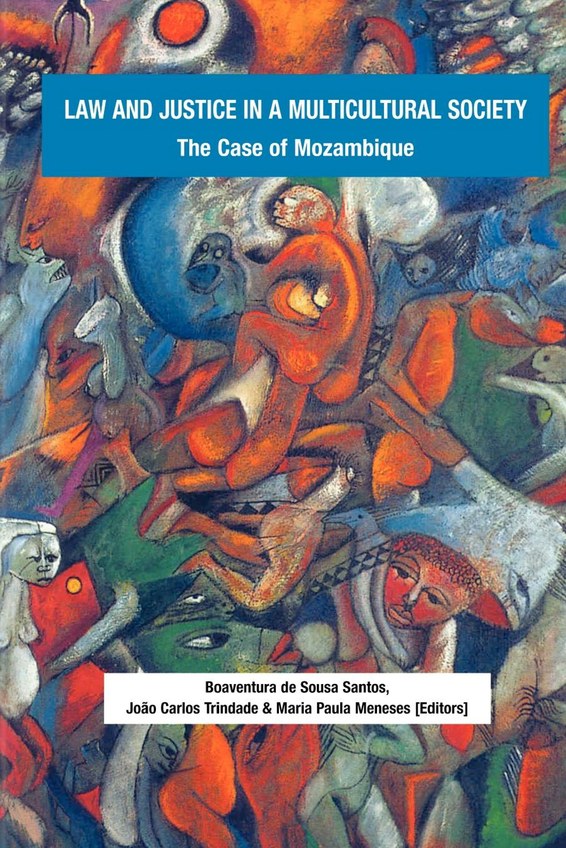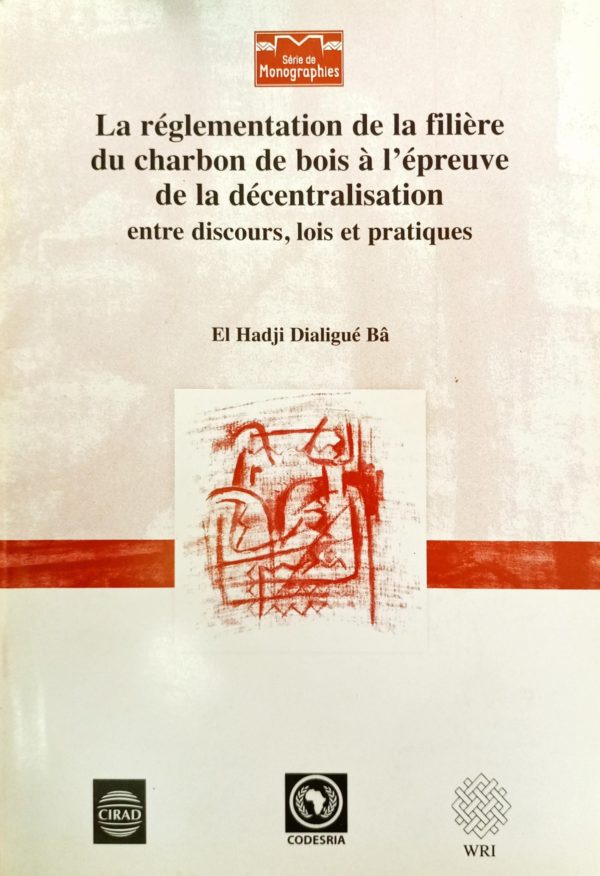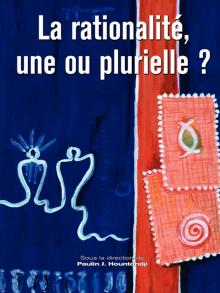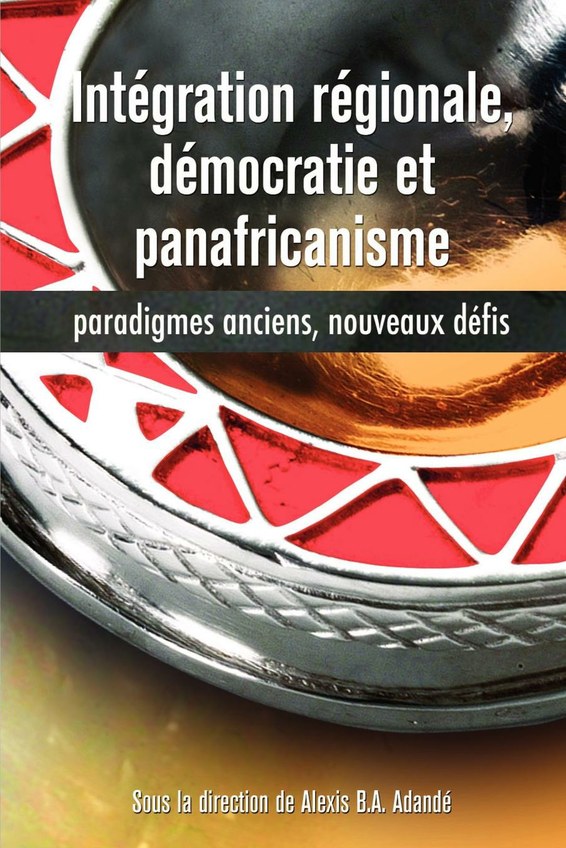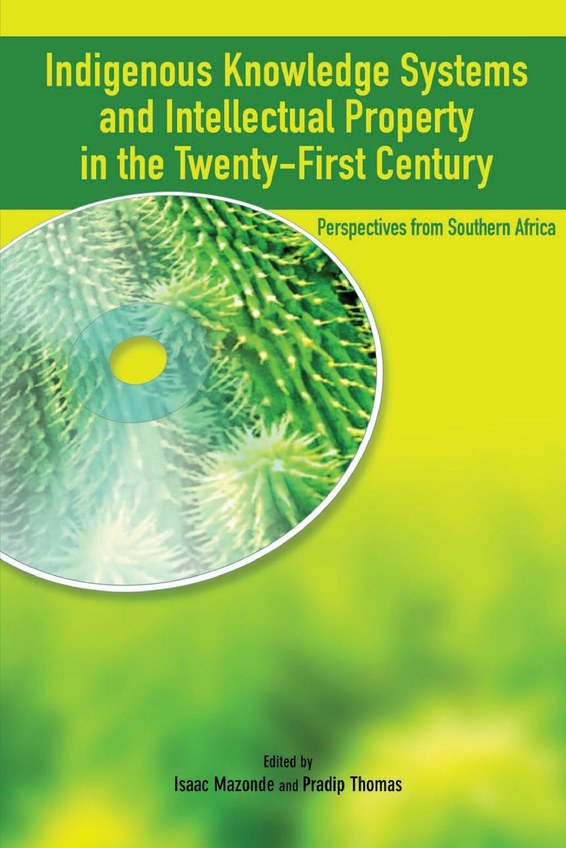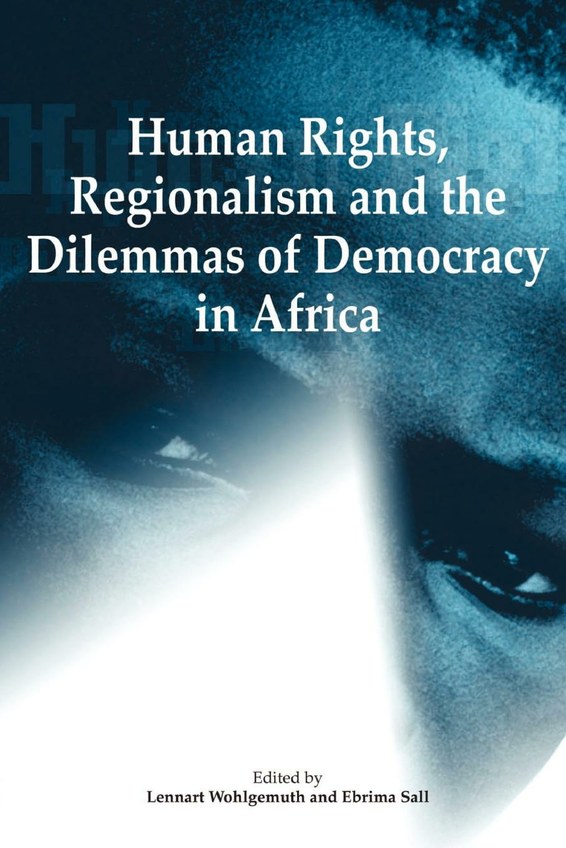Ghana: One Decade of the Liberal State (Printed)
Ghana: One Decade of the Liberal State (Printed)
« This is a ground-breaking, nuanced and comprehensive book that grapples with how developing countries in general and Ghana in particular have endured and responded to a decade of neo-liberal ascendancy. Based on astute research, experiences and analysis, the book offers penetrating commentaries on recent socio-economic and political developments in Ghana. A « must-read » collection of excellent and stimulating ideas. » Mohamed Salih, Professor of Politics of Development, University of Leiden and the Institute of Social Studies, The Netherlands « This, the first book-length assessment of the latest experiment in liberal democracy in Ghana, is a timely study. It shows in an admirable way both the progress and the still existing shortcomings in the institutionalization of liberal democracy and will undoubtedly attract a wide readership in academic and policy-making circles. » Ghana has witnessed a « revolution through the ballot box » since its return to constitutional rule in 1993. Yet this period of sustained democratic government in an era of globalization and liberal triumphalism has brought with it new demands. How has Ghana faced up to the problems of institution-building, state-market relations and democratic leadership? Can it deal with the challenges posed by security, human rights and foreign policy in the twenty-first century? This unique collection interrogates all these issues and assesses the future of the democratic experiment in one of sub-Saharan Africa’s rare « islands of peace ». In doing so, it provides an invaluable guide to Ghana’s political past, present and future.
Developing a Sustainable Economy in Cameroon (Printed)
Developing a Sustainable Economy in Cameroon (Printed)
Developing a Sustainable Economy in Cameroon is an ambitious effort as the authors try to set a blue print for Cameroon’s economy. In the 1980s facing economic crisis, and as dictated by the structural adjustment programme, Cameroon sharply cut public investment expenditures before later cutting government consumption which were followed by privatisation, liquidation of public companies and reduction in the size of the public sector. All these measures are believed to have had devastating effects on the economy. Given the performance of the economy so far the authors suggest that much more effort, with a strong commitment of the main stakeholders, is required to guarantee sustainable economic development in Cameroon. Truly, very few countries in Africa possess such enormous human and natural resources as Cameroon does. This volume brings out the challenges Cameroon faces in its quest for development as well as for designing appropriate strategies for addressing those development challenges.
Challenges of Education Financing and Planning in Africa: What Works, What Does not Work? / Enjeux du financement et de la planification de l’éducation en Afrique : ce qui marche et ce qui ne marche pas ? (Printed)
Challenges of Education Financing and Planning in Africa: What Works, What Does not Work? / Enjeux du financement et de la planification de l’éducation en Afrique : ce qui marche et ce qui ne marche pas ? (Printed)
This volume highlights the proceedings of the two policy dialogue conferences held by the Working Group on Finance and Education (WGFE) in 2004. Part I of the document discusses the endemic crisis that higher educationhas been beset with since the outset of the post colonial period in Africa. It highlights the critical state of higher education systems in Burkina Faso, Mali, Nigeria and Senegal by scrutinizing the causes, manifestations and consequences of the crisis to posit useful recommendations and possible solutions. Part II is a comprehensive review of the challenges facing the financing and planning of all levels and types ofeducation – from kindergarten to graduate school – in selected African countries. The papers reveal the sources and mechanisms of funding education in Africa, drawing attention to the experiences of communities confronted with new funding sources. A new trend, which consists of designing decade long educational development plans, has emerged and is rapidly expanding in numerous African countries. This experience is examined and shared by the authors. This book has contributions in both French and English.
African Literature as Political Philosophy (Printed)
African Literature as Political Philosophy (Printed)
The politics of development in Africa have always been central concerns of the continent’s literature. Yet ideas about the best way to achieve this development, and even what development itself should look like, have been hotly contested.
African Literature as Political Philosophy looks in particular at Achebe’s Anthills of the Savannah and Petals of Blood by Ngugi wa Thiong’o, but situates these within the broader context of developments in African literature over the past half-century, discussing writers from Ayi Kwei Armah to Wole Soyinka. M.S.C. Okolo provides a thorough analysis of the authors’ differing approaches and how these emerge from the literature. She shows the roots of Achebe’s reformism and Ngugi’s insistence on revolution and how these positions take shape in their work. Okolo argues that these authors have been profoundly affected by the political situation of Africa, but have also helped to create a new African political philosophy.
EDUCATION FINANCING AND BUDGETARY REFORMS IN AFRICA – The Swaziland Case Study (Printed)
EDUCATION FINANCING AND BUDGETARY REFORMS IN AFRICA – The Swaziland Case Study (Printed)
This book sets out the Swaziland educational model and policies, and in the context of the management of the national economy. It shows that the proportion of the annual government budget devoted to education in Swaziland ranks amoungst the highest in Africa and many of the goals set at the world summit for children in 1990 are being achieved. There is universal access of primary education, gender equality of access across almost all levels of education. The study also shows however that less positively, the system is increasingly under financial pressure particularly to fund the growing demand for higher education, comparatively very expensive. The co-authors advocate comprehensive budgetary and financial reforms drawing up a model in line with current policy directions to increase funding for tertiary education, and so release more funds for improving quality at lower levels.
Education Financing in Egypt (Printed)
Education Financing in Egypt (Printed)
The Egypt study by the Education and Finance Working Group of CODESRIA provides a three-part well documented in-depth analysis of the financing of all levels of education of Egypt. Part I of the study highlights the economic, social, and political context of education, presents a historical perspective on the various educational policies formulated and implemented under the different regimes that ruled Egypt from the beginning of the 19th century till the liberalization and privatization era of the early 1970s, provides an in-depth account of education finance, budgetary procedures at the local educational directorates, underscores issues plaguing the financing of education, and suggests solutions for the improvement of educational finance in Egypt. Part II presents a monograph that analyzes teachers’ wages and suggests alternatives to alleviate their negative impact. Part III is a reporting on the operations related to the construction and the management of school buildings with a special emphasis on their costs.
Law and justice in a Multicultural Society: The case of Mozambique (Printed)
Law and justice in a Multicultural Society: The case of Mozambique (Printed)
This book presents the main results of a research project on the systems of justice in Mozambique, undertaken under the auspices of the country’s Supreme Court, in academic partnership with the Center for African Studies at Eduardo Mondlane University, Mozambique and the Centre for Social Studies at the School of Economics, Coimbra University, Portugal. It is dedicated to the memory of the internationally renowned Mozambican economist and Professor of Development Studies, José Guilherme Negrão. Although he died prematurely, Negrão collaborated in this project, and authored the final chapter dealing with the vexed question of land.
Until the onset of Portuguese colonisation towards the end of the nineteenth century, the peoples of Mozambique did not live under a single political entity. Rather, they existed as independent entities with various forms of political and social organisation. The twentieth century saw a consolidation of colonial rule, and important changes in the organisation of power. After independence, new Eurocentric political-legal cultures were added to the existing mix of legal orders. The distinctions between the colonial law and indigenous customary law became increasingly blurred, such that Mozambique now constitutes a heterogeneous state composed of a mosaic of legal hybrids, incorporating local/indigenous customary practices and religious law, as well as state civil law.
Departing from a broad understanding of law in Mozambique, this work analyses the complex network of judicial systems by interrogating the roles of the entities intervening in the system in colonial and postcolonial contexts. The main objective is to promote an empirically sound and dynamic understanding of the relationships between the multiple judicial entities present in the country within the context of cultural transformation in Africa. Overall, the book is intended as a contribution to current debates on the formation of the state in Mozambique from the nineteenth century.
The authors further considers the alternative mechanisms of conflict resolution taking place in the complexity of different legal rationalities: the remains of the Portuguese legal codes, socialist policies, customary law, religious systems and Western constitutionalism.
La réglementation de la filière du charbon de bois à l’épreuve de la décentralisation: entre discours, lois et pratiques (Printed)
La réglementation de la filière du charbon de bois à l’épreuve de la décentralisation: entre discours, lois et pratiques
Depuis l’indépendance, le Sénégal s’est lancé dans un mouvement de décentralisation qui a abouti, en 1996, à la régionalisation. La loi ne définit pas la décentralisation, encore moins la régionalisation. Dans le préambule du code des collectivités locales, néanmoins, il est précisé que les nouveaux textes cherchent à promouvoir « des autorités décentralisées et proches des citoyens, libres de leurs décisions, des représentants de l’État sur le terrain dotés de pouvoirs déconcentrés, un contrôle de légalité adapté et rapproché ». Ainsi les régions, à l’image des communes et communautés rurales, sont-elles érigées en collectivités locales, dirigées par des conseillers élus. De plus, dix domaines de compétence – dont la gestion des ressources naturelles et l’environnement – sont transférés aux régions, communes et communautés rurales (RDS 1996b).
La rationalité, une ou plurielle? (Printed)
La rationalité, une ou plurielle? (Printed)
Le présent ouvrage fait suite à un débat sur cette question, au cours d’un colloque co-organisé par l’Unesco et le Centre africain des hautes études de Porto-Novo sur « La rencontre des rationalités » tenu à Porto-Novo, au Bénin, en septembre 2002, à l’occasion de la 26ème assemblée générale du Conseil international de la philosophie et des sciences humaines (CIPSH). Ont participé à ce débat plusieurs célébrités dont Richard Rorty des États-Unis, Meinrad Hebga du Cameroun, Harris Memel-Fotê de Côte d’Ivoire, et plus de soixante-dix philosophes, historiens, anthropologues, critiques littéraires, psychanalystes provenant de plusieurs pays.
Intégration régionale, démocratie et panafricanisme: Paradigmes anciens, nouveaux défis (Printed)
Intégration régionale, démocratie et panafricanisme: Paradigmes anciens, nouveaux défis (Printed)
À l’occasion du 30e anniversaire du CODESRIA, une importante moisson de contributions a été faite autour du thème central de la grande conférence commémorative, tenue à Dakar en décembre 2003, à savoir : « Intellectuels, nationalisme et idéal panafricain ».
Cet ouvrage réunit huit des nombreuses communications de la rencontre sur l’intégration régionale, démocratie et panafricanisme, dont celles de Bernard Founou-Tchuigoua, de Jean-Pierre Olivier de Sardan et d’Alexis Adandé. Chacun des auteurs a exploré, sous un angle particulier, des questions relatives à l’intégration régionale, à la démocratie ou au panafricanisme. Autant de paradigmes qui ont été forgés ou qui ont été examinés dans leur application au continent africain au cours du siècle passé, particulièrement durant la lutte pour l’émancipation et au lendemain des indépendances. En fait, ces paradigmes, qui gardent apparemment toute leur actualité, sont à nouveau examinés à la lumière des réalités contemporaines.
Indigenous Knowledge System and Intellectual Property Rights in the Twenty-first Century:Perspectives from Southern Africa (Printed)
Indigenous Knowledge System and Intellectual Property Rights in the Twenty-first Century:Perspectives from Southern Africa (Printed)
This volume discusses a number of issues on the contested nature of intellectual property rights (IPR) and Indigenous Knowledge Systems (IKS) in the context of Southern Africa. The issues addressed include the protection of folklore, IKS in a digital era, the valuation and safeguard of heritage sites, the need for appropriate IKS legislation, community based control of natural resources and the role played by traditional music in the maintenance of community. It is this extensive exploration of IKS from the vantage points of communication and culture, and explored in terms of policy, cultural survival, international as well as intra-national politics, economics, philosophy and ethics that makes this empirical grounded collection of papers unique, a distinctive contribution to the literature and ’cause’ of IKS. The specific IKS-related issues raised and dealt with in this volume are generic in the sense that the very same issues are being contested in different parts of the world. In this respect, this book highlights the particular as a means of comprehending the universal.
Human Rights, Regionalism and democracy in Africa (Printed)
Human Rights, Regionalism and democracy in Africa (Printed)
It has often been argued that the concept of human rights is an artefact of modern Western civilisation, that human rights in the South are privileges conferred. These approaches have taken little cognisance of the place accorded to the societal rights held in such esteem as complementary to individual rights in traditional African society. In contrast, this study argues that human rights in Africa are as much about the dignity of Africans as about the commitments of others towards them. It argues for a critical defence of universal human rights within a multicultural framework. From historical perspectives, it illustrates how the slave trade, and then colonialism undermined the traditional balance of individual and societal rights.
The work further traces the rise and fall and rise again of the human rights agenda in the post-independence period. It discusses the achievements of the African Commission and the African Union, and suggests ways of strengthening the human rights framework on the continent. The book came out of a conference that took place in Uppsala, Sweden in 2004 involving practitioners, scholars and activists in the field of human tights in Africa.



